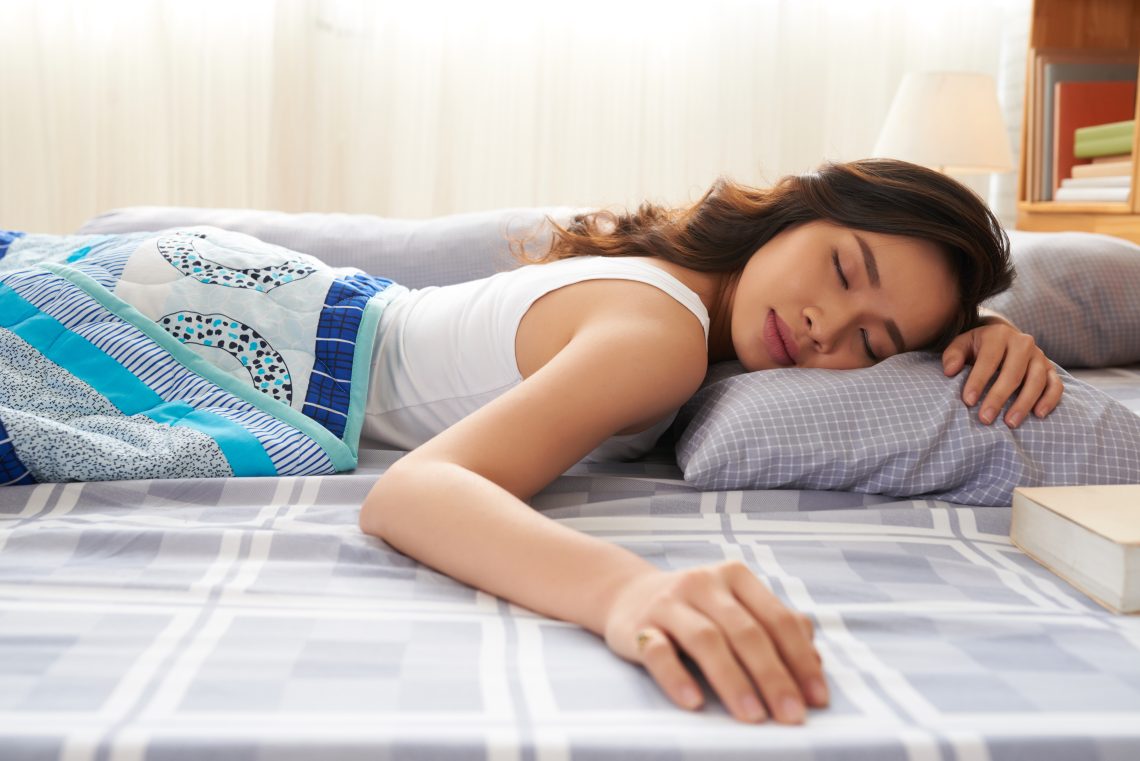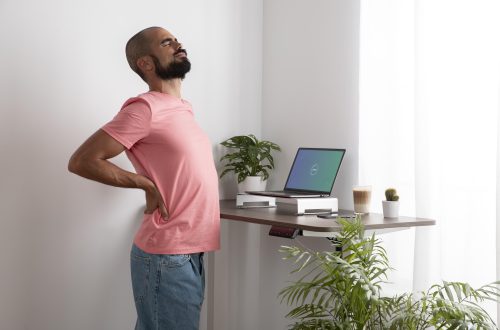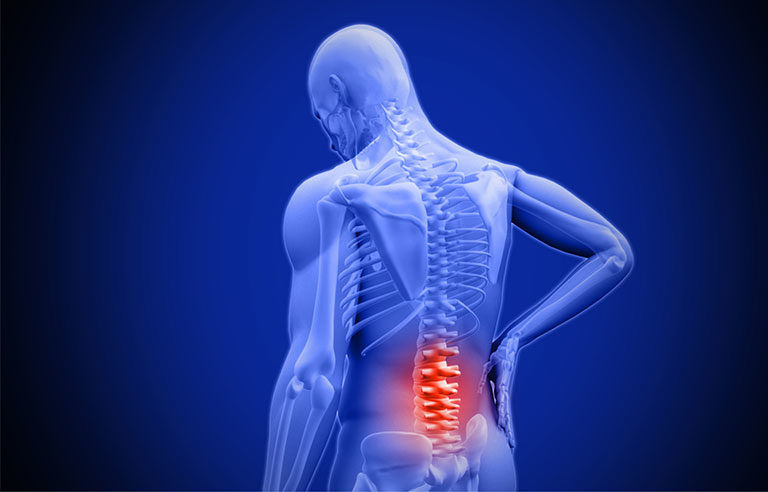Lower back pain is one of the most common health problems today, affecting people of all ages. It not only disrupts daily life but also makes it hard to get quality sleep. Poor sleep, in turn, worsens pain and slows recovery creating a frustrating cycle. The good news is that by making small changes in your sleep position, environment, and daily habits, you can reduce discomfort and finally enjoy restful nights.
In this article, we’ll explore practical tips on how to sleep with lower back pain, along with natural remedies and lifestyle advice.
Why Does Lower Back Pain Get Worse at Night?
Back pain often feels more intense at night because:
- Poor sleep posture puts pressure on your spine and muscles.
- Inflammation may increase when you’re inactive.
- Stress and tension accumulated during the day tighten back muscles.
- Old mattresses or pillows don’t provide proper support.
If your back pain persists despite adjustments, it may be linked to underlying conditions like disc prolapse, arthritis, or sciatica. Learn more in our post on What Causes a Prolapsed Disc.
Best Sleeping Positions for Lower Back Pain
1. Sleep on Your Side with a Pillow Between Your Knees
This position aligns your spine, hips, and pelvis. Place a firm pillow between your knees to reduce pressure on your lower back.
If you suffer from arthritis-related stiffness, you may also want to check our guide on How to Reduce Arthritis Pain in Wrist for more tips on joint comfort.
2. Sleep on Your Back with a Pillow Under Your Knees
Lying on your back can be good for spinal alignment, but keeping your legs flat strains the lower back. Place a pillow under your knees to maintain the spine’s natural curve.
3. Fetal Position for Herniated Discs
Curling up gently in a fetal position reduces pressure on spinal discs and nerves. This position is especially helpful if you have disc prolapse or nerve-related pain.
4. Avoid Sleeping on Your Stomach
This is the worst position for lower back pain as it strains your neck and spine. If you can’t avoid it, place a thin pillow under your stomach to reduce stress on your back.
For posture correction tips, you can also explore Can a Chiropractor Fix My Posture.
Improve Your Sleep Environment
- Choose the right mattress: A medium-firm mattress usually provides the best support.
- Use ergonomic pillows: Memory foam or orthopedic pillows align the head and spine.
- Maintain a cool, dark, quiet room: Better sleep helps your body heal naturally.
If pain keeps you awake and spreads to other areas, consider our guide on How to Relieve Back Pain for daily tips to reduce strain.
Bedtime Stretches for Lower Back Pain
Gentle stretches before bed can relax tight muscles and improve blood circulation. Try these:
- Knee-to-chest stretch – Relieves tension in the lower spine.
- Cat-Cow stretch – Increases flexibility.
- Child’s pose – Provides gentle spinal relaxation.
Lifestyle Tips to Prevent Nighttime Back Pain
- Exercise regularly – Strengthens your core and back muscles.
- Maintain a healthy weight – Reduces stress on the spine.
- Avoid heavy lifting before bedtime – Can strain the lower back.
- Manage stress – Since tension worsens pain, explore relaxation methods.
For long-term prevention, don’t miss our article on How to Prevent Arthritis, which includes lifestyle tips that also benefit spinal health.
Natural Remedies for Pain Relief
- Warm baths or heating pads before bed ease muscle stiffness.
- Cold compresses reduce inflammation.
- Aromatherapy oils like lavender promote relaxation.
Massage therapy is also highly effective for muscle tightness and stress relief. Learn more in What Are the Benefits of Sports Massage.
When to See a Doctor
Seek medical help if your lower back pain:
- Persists for more than a few weeks.
- Is accompanied by numbness or weakness in your legs.
- Follows a major injury.
Final Thoughts
Sleeping with lower back pain can be challenging, but the right sleeping positions, proper mattress support, stretching, and lifestyle changes can make a big difference. Combining these strategies with natural remedies will help you sleep better and reduce your pain over time.






